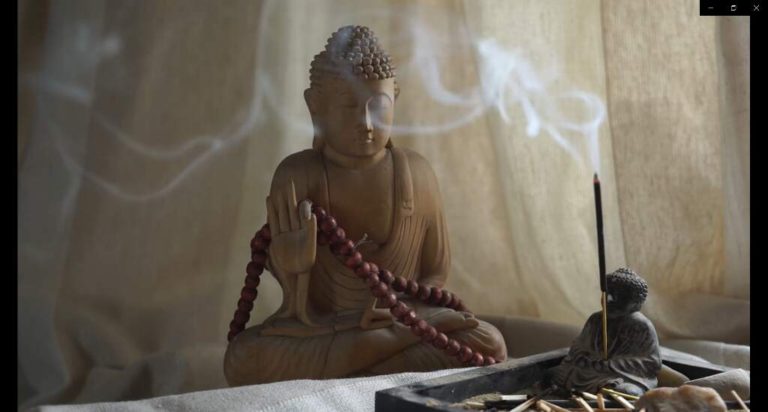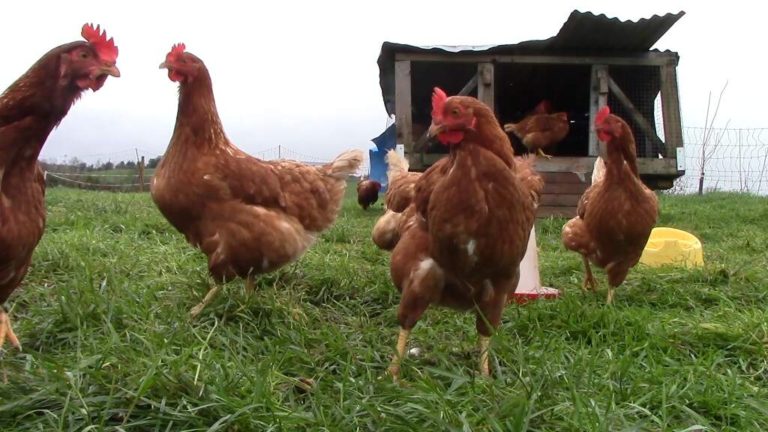Watch this Video About What We Do And Why
Our Vision
We envision a more connected world where ecosystems are restored and thriving.
Our Mission
We aim to restore Ireland’s ecosystems and communities. We do this through 1) education focused on regenerative cultures; 2) exploring resilient and regenerative food systems; and 3) carrying out ecosystem restoration work.
Our Mission
What we do

1. Regenerative culture
“So much of what makes people either well or not; is not coming from within themselves. It’s coming from their circumstances. It makes me think much more about social justice and the bigger issues that go beyond the individuals”. Elizabeth Blackburn PhD Quote taken from Gabor Mates book The Myth of Normal
People are also part of the ecosystem and are essential for it to thrive and hum. The concept of Regenerative Culture acknowledges that the regeneration of degraded ecosystems and landscapes is not only a physical or technical concern, it is a deeply cultural one too. The dominant way of thinking in our culture has us disconnected from the natural world. If we make changes to heal the land but don’t change our relationship to that land, we will continue to damage the planet around us in one way or another.
Regeneration thus requires a shift in perspective so that we see ourselves as co-inhabitants of this planet rather than the dominant species. How can we do this? We believe that deep individual and collective work is required that brings us through a journey of self-awareness, healing and transformation.
We offer courses and potentially transformational experiences to individuals and groups of all ages who are interested in exploring this concept for themselves and who want to contribute towards lasting change on our planet.
Courses are led by an experienced panel of trainers and facilitators and focus on personal & collective wellbeing, building self awareness using tools such as meditation and yoga, developing critical and solution-based thinking, developing new ways of communicating, and increasing our connection with one another and wider nature.

2. Resilient & Regenerative food systems
In the face of climate change, a regenerative food system will create resilience by localizing economies, sequestering carbon and building greater food security. Our current food system is carbon heavy, de-localized and in many cases is poisoning the planet and our bodies.
We will empower people to connect more with their food through education around food growing, use of local herbs and medicinal plants, and by building access to better quality, organic produce on a local level. We will raise awareness about our current food choices and about systems that support an alternative, more regenerative way of feeding ourselves and our communities. We will advocate for just systems in food production that respect and value the producer. Join us on our journey, as we seek to bring this concept home to our local community. We aim to bring together local producers, and consumers, making possible an alternative connection between us and our food.
And this brings us to the concept of a local Food Hub, and we are thrilled to be working towards the launch of the Síolta Chroí Food Hub in the Carrickmacross to Dundalk, and surrounding area. Utilising the Open Food Network platform means that we are able to base our Food Hub on fair and transparent open source software, that resonates well with our ethos. The online market will be opening in January 2023 and delicious, wholesome local produce ordered via the website will be available from two local collection points on a weekly basis.
We also work alongside farmers and landowners to promote regenerative farming practices. These practices, including holistic management of animals, crop rotation and cover crops build rich and resilient soils. Regenerative agriculture is crucial to curbing the negative environmental effects of our current food system.

3. Ecosystem Restoration
Síolta Chroí believe that ecosystem restoration is both possible and necessary.
Over the past 150 years, poor land management practices, driven by industrial agriculture, have resulted in the loss of half of the earth’s topsoil. Soil is becoming so degraded that some scientists are predicting that in many parts of the world, we only have 60 harvests left. Biodiversity in plant and animal life on land has significantly decreased and wetland and river species have seen a staggering decline. Carbon emmissions are at an all time high and continue to rise.
Ecosystem restoration provides tools to restore degraded landscapes. The soil and regenerative agricultural practices offer a chance to stave off the worst effects of climate change. Sequestering the excess carbon in our atmosphere on a massive scale is one of the last remaining solutions. By rehabilitating degraded ecosystems and restoring the soil to health on a wide scale, we can sequester enough carbon to create a safe level in the atmosphere (350ppm).
We have become part of a global movement for ecosystem restoration to become the first Ecosystem Restoration Camp in Ireland https://ecosystemrestorationcamps.org/.
As part of this network we will host camps and trainings where people can learn valuable ecosystem restoration skills, giving people in Ireland the chance to reconnect with the natural world, causing ripple effects as they bring this knowledge and connection back into the Irish countryside and its towns and cities.
Our story
Síolta Chroí is an non-for profit co-operative which has been formed by a group of individuals who are concerned about the environmental crisis we are living in and who want to work together to propose solutions for the benefit of all. We believe that one of the fundamental misunderstandings that underlie environmental destruction lies in us thinking that people are separate from nature. We believe that “we are nature” and that people need to operate as part of the Earth’s ecosystem to regenerate and thrive.
We are creating a space where this misunderstanding can be unravelled and addressed. We are designing workshops and projects that aim to regenerate people and wider nature, providing participants with the tools to rethink their relationship with wider nature, ways to work collaboratively and in community together, ways to work with the land to provide sustainable and regenerative food systems, and ultimately to develop tools for personal resilience, strength and wellbeing.


